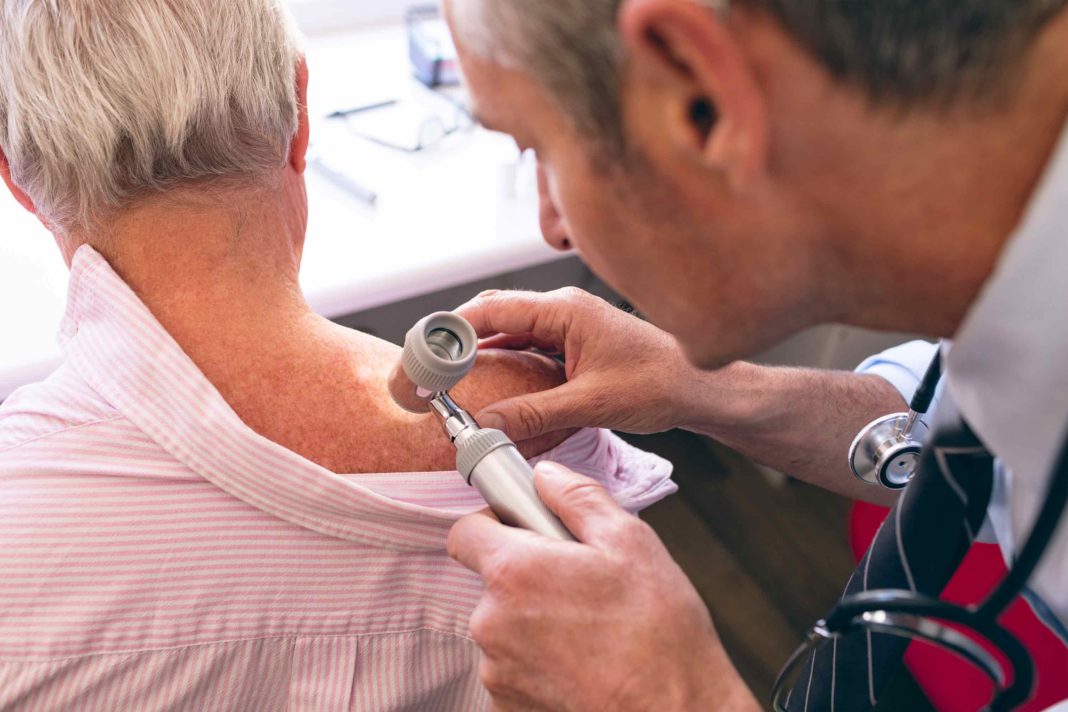Skin cancer is the most prevalent condition in the United States and worldwide, affecting 20% of the population. It can occur at any age, but old people are more prone to be affected by skin cancer. Although most of the skin cancer patients can be treated, the statistics are unacceptable.
Early diagnosis can help in a great way in the treatment and prognosis of skin cancer. Let’s discuss common doubts patients often ask skin cancer specialists in Mount Pleasant.
What are the early signs of Skin Cancer?
The word cancer elicits certain thoughts and mental images. You all know the fear of the advanced stage of skin cancer and how badly it can affect human tissues. However, have you ever thought of early skin cancer? Could you notice the early signs?
New cancerous growth may look nothing more than just a waxy bump or minute fleshy growth like a pimple on the surface of the skin. Early growths do not look like crusty, red, oozing cancers as shown in the pictures on the Internet. During the early stages, skin cancer doesn’t look much like one, and this the phase where the treatment can be most effective.
If your sore or a bump persisted for more than a few weeks, then it’s time to act and visit your dermatologists for a full screening.
Cancerous lesions on skin may feel in a number of ways. The lesion may or may not itch. Some patients have observed their skin feels tingly while some say the growth is painful. However, if any kind of growth on skin feels or looks unlike normal skin, it is wise to be examined by a dermatologist. Lack of overlooking subtle signs and early care are the most challenging aspects of skin cancer treatment.
How to check your skin?
Given the high rate of skin cancer, it is crucial to regularly check your skin surface. Skin cancer is visible unlike other types of cancer, which makes it feasible to detect in the early phase. Regular examine your body and take care of moles and skin patches that have changed in size, color, or texture. Also be vigilant for sores that itch hurts, or bleeds and persists for three weeks or more. It is important to keep track of all such changes for early detection of skin cancer.
There are many smartphone applications available for both Android and iOS to help keep track of your skin. Its features allow you to click photographs of your skin and record lesions. However, these apps may be useful in self-checkups and monitoring your skin, but they should not replace a comprehensive examination by the professional skin specialist.
Can Skin cancer be inherited?
Skin Cancer specialist in Mount Pleasant is often asked by patients whether they can inherit cancer from their family. No, most skin cancers cannot be caused by an inherited faulty gene, except Melanoma. However, families are likely to have the same skin traits which may increase their risk of developing cancer. For example, if your family has light-skinned and light-haired people, your skin mat gets hypersensitive and more prone to skin cancer growth. Knowing the risks of skin cancer can help you to avoid this condition by reducing sun exposure and using strong sunscreens.
Conclusion
Cancer in itself is a word that reminds of physical and emotional trauma a person goes through. Skin Cancer is easily prevented if detected at a pretty early stage. It is expected that you may find the above discussion helpful and many of your doubts are cleared now. If you still have queries do visit your nearest skin cancer specialist.




















